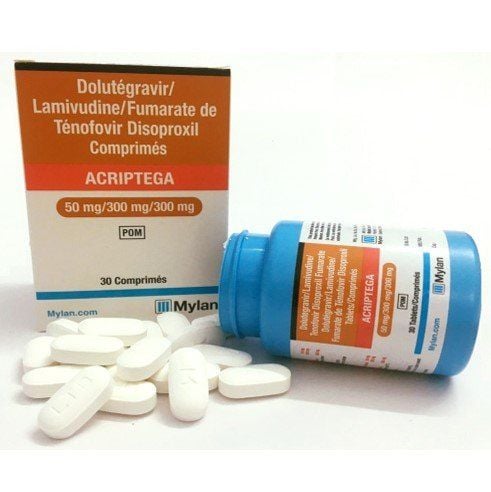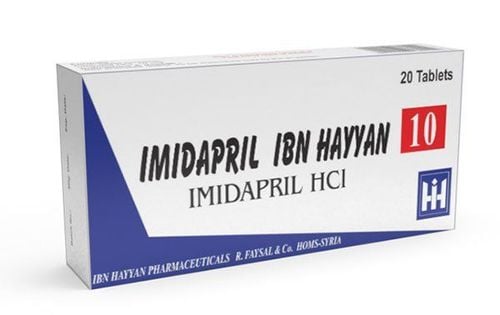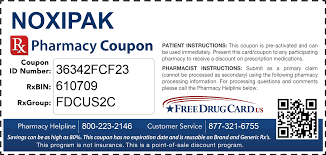This is an automatically translated article.
Prednisone is a corticosteroid produced by the adrenal glands with potent anti-inflammatory properties. Therefore, this active ingredient is widely used in the market. Prednisone is also the main active ingredient in Farnisone 5mg. So what does Farnisone 5mg do?
1. What are the effects of Farnisone 5mg?
Prednisone is a corticosteroid drug, a drug synthesized by the adrenal gland, this is also one of the natural substances produced by the adrenal gland. Corticosteroids are a group of drugs with strong anti-inflammatory properties, which are widely used in clinical practice to treat a variety of inflammatory conditions.
Indications to use Farnisone 5mg drug in the following diseases:
Joint pathologies, diseases related to colloid; Skin Infections; Eye ache; Diseases of the respiratory system; Hematological disorders; Decreased kidney function ; Allergic response to corticosteroids. Contraindications of the drug Farnisone 5mg used in the following cases:
Systemic fungal infections; Hepatitis A virus; Acute hepatitis B virus; Peptic ulcer .
2. Precautions before using Farnisone 5mg
Be careful when using Farnisone 5mg with the following subjects:
Patients with tuberculosis; People who are pregnant; Women who are breastfeeding; Target users are children; Systemic prednisone should be used with caution in the elderly because of the possible risk of undesirable effects.
3. Dosage of Farnisone 5mg
Use Farnisone 5mg in chronic diseases starting with a dose of 5 - 10mg, gradually increasing the dose to the lowest effective dose; Adrenal failure using Farnisone 5mg dose: 2.5 - 10mg/day; Allergies, acute rheumatism, use Farnisone 5mg at a dose of 20 - 3 0mg/day; Diseases related to colloids at a dose of 30mg/day. It is necessary to apply the exact dose of Farnisone indicated on the package, the drug leaflet or the instructions of the doctor, pharmacist, the patient does not arbitrarily calculate, apply or change the dose of the drug. Farnisone 5mg .
4. Side effects of Farnisone 5mg
Adverse reactions that may be encountered during the use of Farnisone 5mg are as follows:
Salt and water retention; Heart failure; Hypertension; Loss of K, decrease of Ca; Muscle weakness, osteoporosis; Peptic ulcer; Pancreatitis; Bleeding on the skin; Convulsions, increased intracranial pressure; Menstrual disorders; Growth retardation in children; Cataract ; Overdose of Farnisone 5mg can cause Cushing's syndrome; Muscle weakness and osteoporosis.
5. Drug interactions of the drug Farnisone 5mg
Farnisone 5mg drug has the potential to cause drug interactions with the following substances:
Sultopride and Vincamine; Salicylates; Antiarrhythmic drugs; Anticoagulants; Blood-lowering drugs; Heparin; Metformin; Hypoglycaemic sulphonamides; INH; Antihypertensive drugs; Phenytoin, Phenobarbital, Rifampicin and Diuretics: hypokalemia may decrease the potency of prednisolone; Vaccines (using high doses of Prednisolone, may affect the effectiveness of vaccination). In addition, the active ingredient Prednisolone is an inducer of cytochrome P450 enzymes and a substrate of the P450 CYP3A enzyme, so the drug may interfere with the metabolism of Cyclosporin, Erythromycin, Phenobarbital, Phenytoin, Carbamazepine, ketoconazole, rifampicin. Prednisolone can cause hyperglycemia, so a higher insulin dose is required for diabetics. Avoid concomitant use of Farnisone 5mg with non-steroidal anti-inflammatory drugs (NSAIDs) as it may cause gastric ulcer.
Please dial HOTLINE for more information or register for an appointment HERE. Download MyVinmec app to make appointments faster and to manage your bookings easily.













